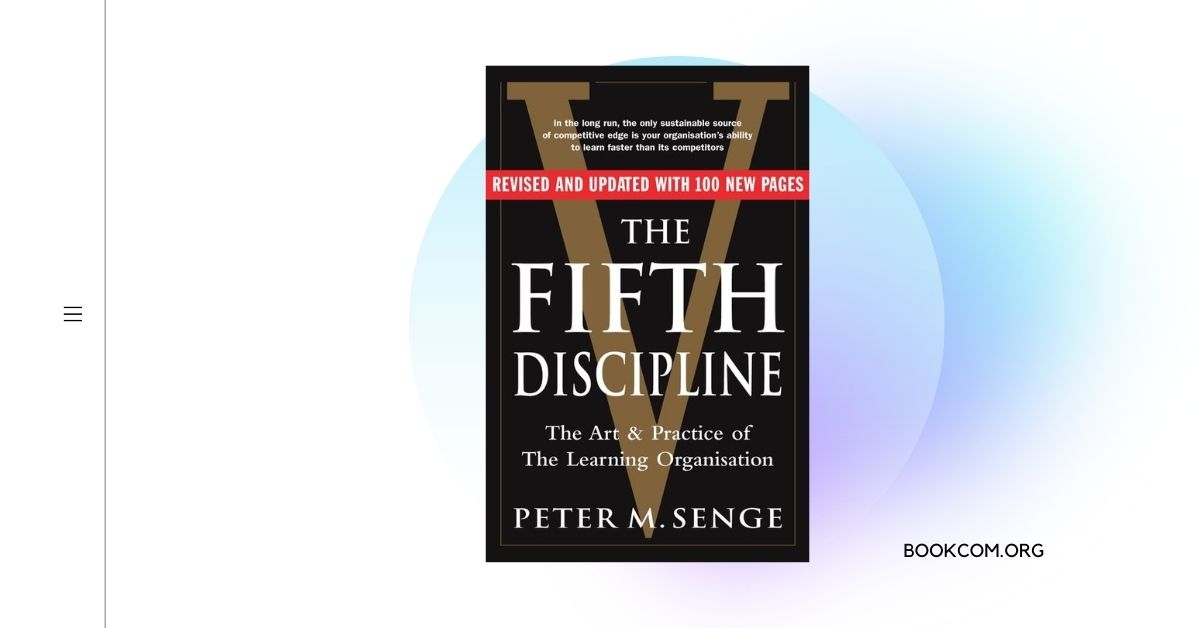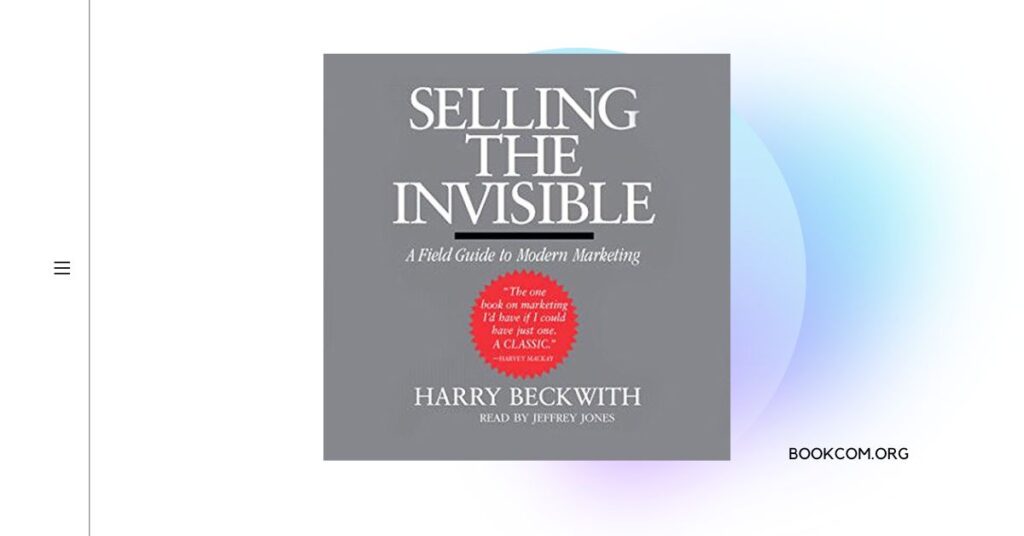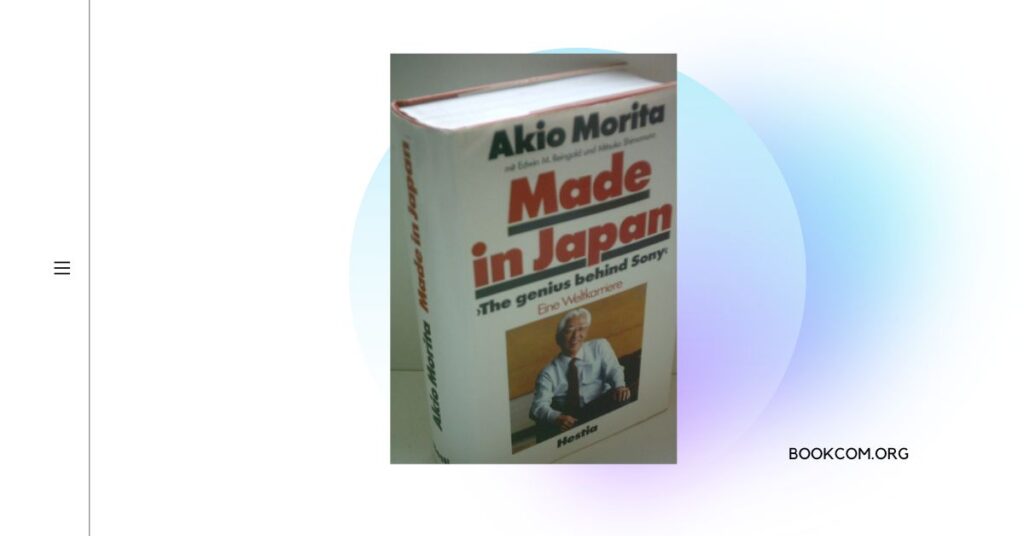“The Fifth Discipline” by Peter Senge is a seminal work on organizational learning and systems thinking. Senge presents a holistic approach to understanding and transforming organizations, focusing on the importance of building a learning culture and addressing systemic challenges. The book explores the five disciplines that are fundamental to creating a learning organization: personal mastery, mental models, shared vision, team learning, and systems thinking. Through compelling examples and practical insights, Senge offers a roadmap for individuals and organizations to enhance their capacity for learning, adaptability, and long-term success. In this summary, we will explore the key themes, notable concepts, and actionable takeaways from “The Fifth Discipline.”
Key Themes
The Learning Organization: Senge introduces the concept of the learning organization, emphasizing the importance of continuous learning and adaptation in a rapidly changing world. He explores the interconnectedness of individuals, teams, and systems within an organization and highlights the need for collective learning and shared vision.
Systems Thinking: The book underscores the significance of systems thinking, which involves understanding the complex interrelationships and patterns that shape organizational dynamics. Systems thinking encourages a shift from linear cause-and-effect thinking to a holistic perspective that considers the broader context and unintended consequences.
Personal Mastery: Senge emphasizes personal mastery as a critical discipline for individuals within organizations. Personal mastery involves developing self-awareness, cultivating a growth mindset, and continuously improving one’s skills and abilities.
Shared Vision and Team Learning: The book explores the importance of shared vision and team learning in fostering collaboration and alignment within organizations. Senge highlights the power of collective aspirations, purpose, and the ability to engage in dialogue and leverage diverse perspectives.
Notable Concepts
Mental Models: Senge emphasizes the influence of mental models, which are deeply ingrained assumptions, beliefs, and perceptions that shape how individuals and organizations perceive and respond to the world. He encourages individuals to challenge and reshape their mental models to support learning and growth.
The “Shifting the Burden” Archetype: The book introduces the concept of the “shifting the burden” archetype, which describes a common pattern where organizations focus on short-term solutions rather than addressing underlying systemic issues. Senge highlights the importance of addressing the root causes of problems to achieve sustainable improvement.
The Learning Organization as a Living System: “The Fifth Discipline” presents organizations as living systems that are influenced by feedback loops, relationships, and dynamic interactions. Senge emphasizes the need for organizations to adapt and evolve to survive and thrive in a complex and interconnected world.
Actionable Takeaways
Foster a Learning Culture: Encourage continuous learning and create an environment that values curiosity, experimentation, and reflection. Promote open dialogue, knowledge sharing, and the development of personal mastery among individuals within the organization.
Embrace Systems Thinking: Adopt a systems thinking mindset to understand the interconnectedness and interdependencies within your organization. Consider the long-term consequences of decisions and actions, and seek to address systemic issues rather than focusing solely on symptoms.
Cultivate Shared Vision and Collaboration: Engage in the process of developing a shared vision that aligns individuals’ aspirations and values. Foster a collaborative culture that encourages team learning, dialogue, and the integration of diverse perspectives.
Also read:
Book Review: “The Fifth Discipline by Peter M. Senge”
For more information about the book, you can visit:



